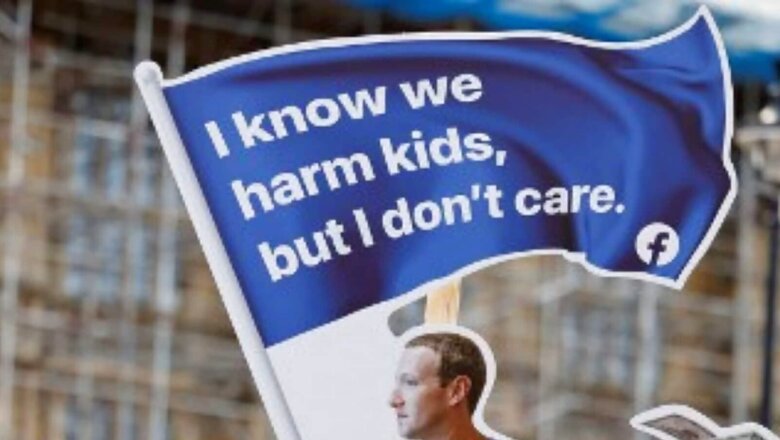
views
No, this is not an alternate section of the Marvel multiverse. In fact, it has nothing to do with the world of comics.
Metaverse is the new buzzword after Facebook CEO Mark Zuckerberg announced on Thursday that he was changing his company’s name to Meta Platforms Inc, or Meta for short. This is being seen as an effort by Zuckerberg to rebrand amid rising controversy and waning popularity.
Zuckerberg is going big on what he sees as the next generation of the internet because he thinks it is going to be a big part of the digital economy. In a video posted by online journalism portal The Recount, Zuckerberg talks about the virtual world concept of “metaverse” and its main aim, which is “connecting with people”.
However, Facebook’s journey from a simple online platform for connecting with friends to a social media giant has been marred with controversy. Being a major influential force with over 2 billion users, it has had its share of PR nightmares and criticism.
From being blamed for dissemination of fake news to polarisation among voters ahead of the US elections, to privacy concerns and issues of questionable content on Facebook Live, and antitrust crackdowns and concerns over its handling of misinformation, the networking site has seen it all.
The most recent backlash has come after former employee Frances Haugen accused Facebook’s platforms of harming children and inciting political violence after copying internal research documents and turning them over to the US Securities and Exchange Commission. These documents showed how Facebook prioritised profits over safety and hid its own research from investors and the public.
Here’s taking a look at three major controversies Facebook has seen since its launch in 2004:
WHISTLEBLOWING TROUBLES
This has to be the biggest crisis Facebook has seen since the Cambridge Analytica data scandal in 2018. Over the past month or so, the social networking site has been heavily criticised as documents leaked to the US Securities and Exchange Commission suggest that the firm was aware of the negative impact caused by its products.
A former lead product manager on its civic misinformation team, Frances Haugen revealed herself to be the whistleblower behind the leak of documents. The company had to pause development on Instagram Kids amid the controversy. Data leaked also showed the negative impact Instagram had on children, especially pre-teens, with the company doing next to nothing to stem such content or even filter it.
INTENSE SCRUTINY OVER DATA PRIVACY
The whistleblowing has come at a time when Facebook is already under intense scrutiny over concerns of its lack of inaction against the spread of misinformation and misuse of user data. Facebook had a tough 2018 with the Cambridge Analytica scandal raising data privacy concerns, following which Zuckerberg had to testify before the US Senate and the House. It was found that Cambridge Analytica had data on 87 million Facebook users, which it gathered through a personality quiz app. The data was used to manipulate US elections and the Brexit vote in the UK.
This took place after the company made changes to its News Feed algorithm, causing the content on Facebook to become more polarising and divisive. It is also said Zuckerberg resisted changes recommended by data analysts, so as to not hurt user engagement.
FAKE NEWS
In 2016, Facebook Live launched the company into a controversy regarding fake news. As Facebook increasingly became a platform from where people got their “news”, its trending topics section was accused of censorship of “conservative news”.
According to an article by Firstpost’s Tech2, some former employees said the trending section did not actually show any news, and that the content was curated by the company. In 2017, Facebook was also accused of supporting ethnic cleansing in Myanmar after calling the Rohingyas a “dangerous organisation”.
(With agency inputs)
Read all the Latest News , Breaking News and IPL 2022 Live Updates here.
















Comments
0 comment